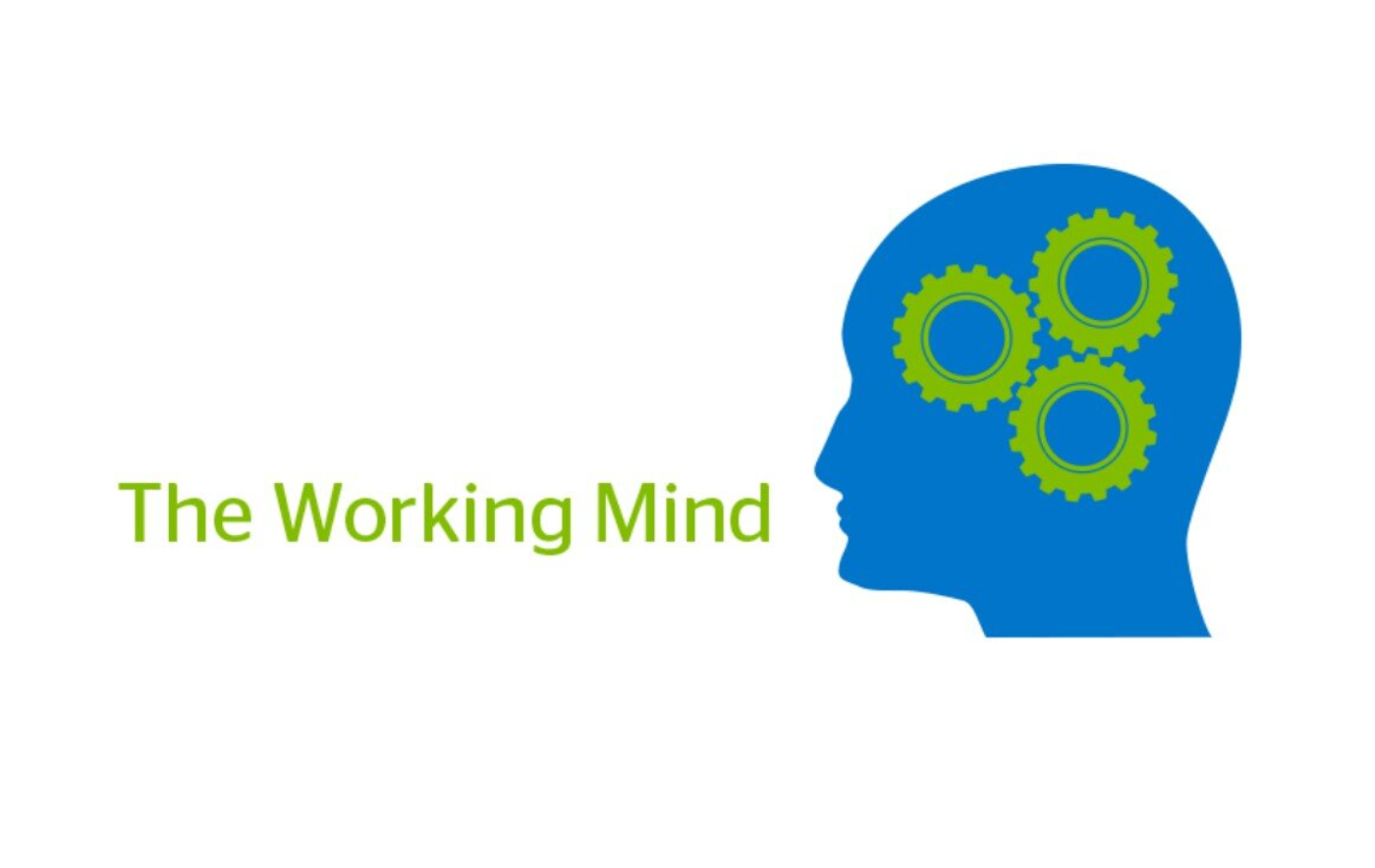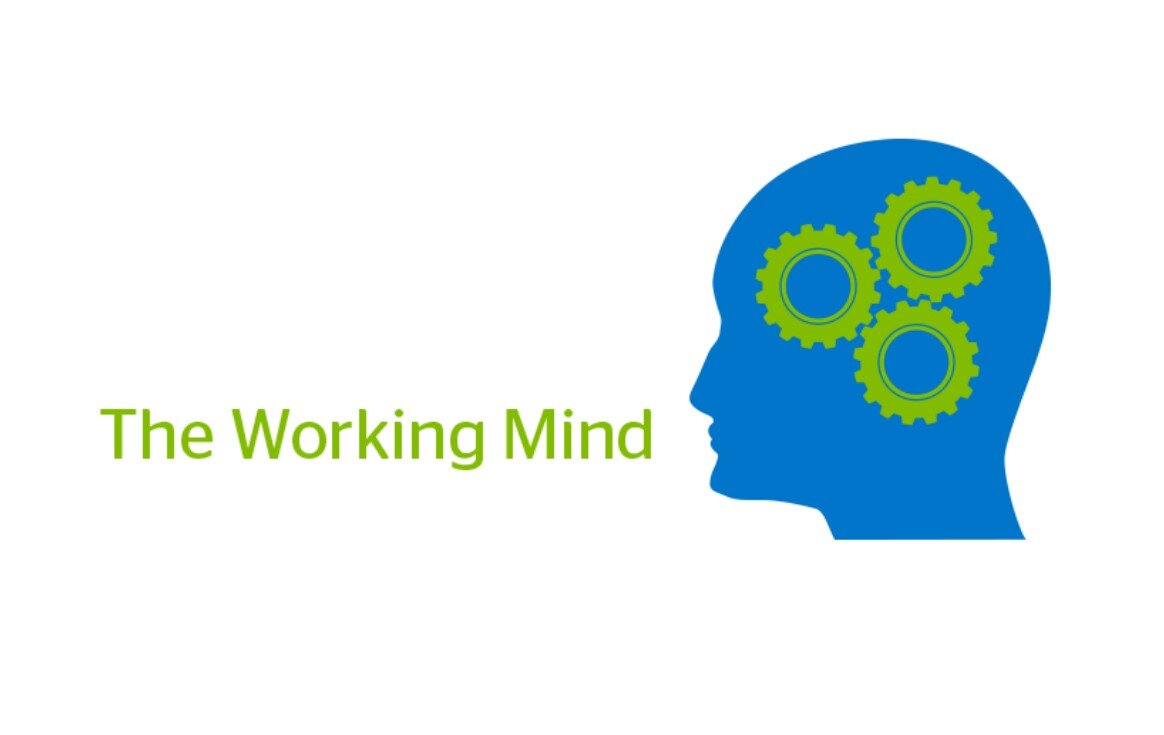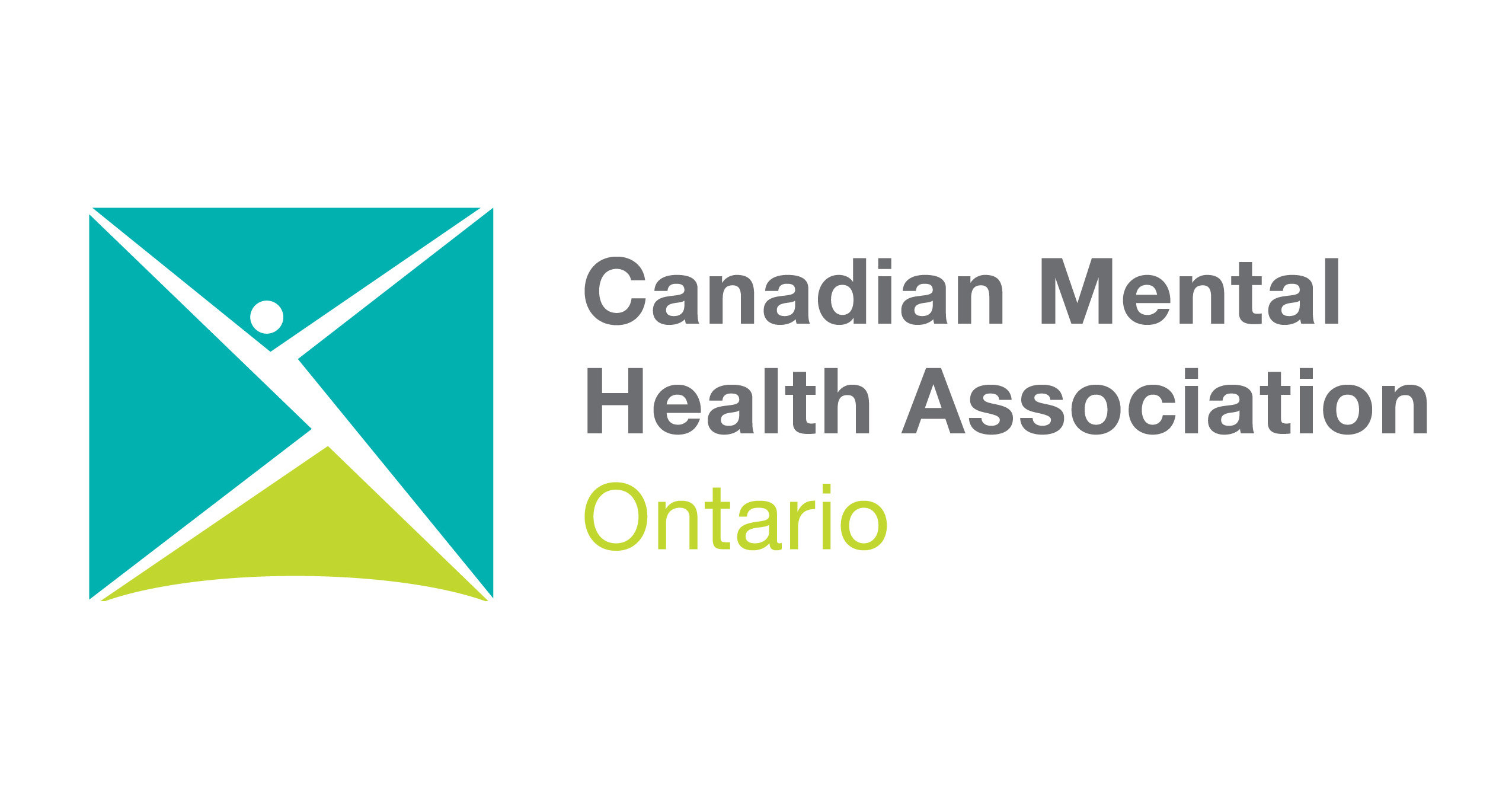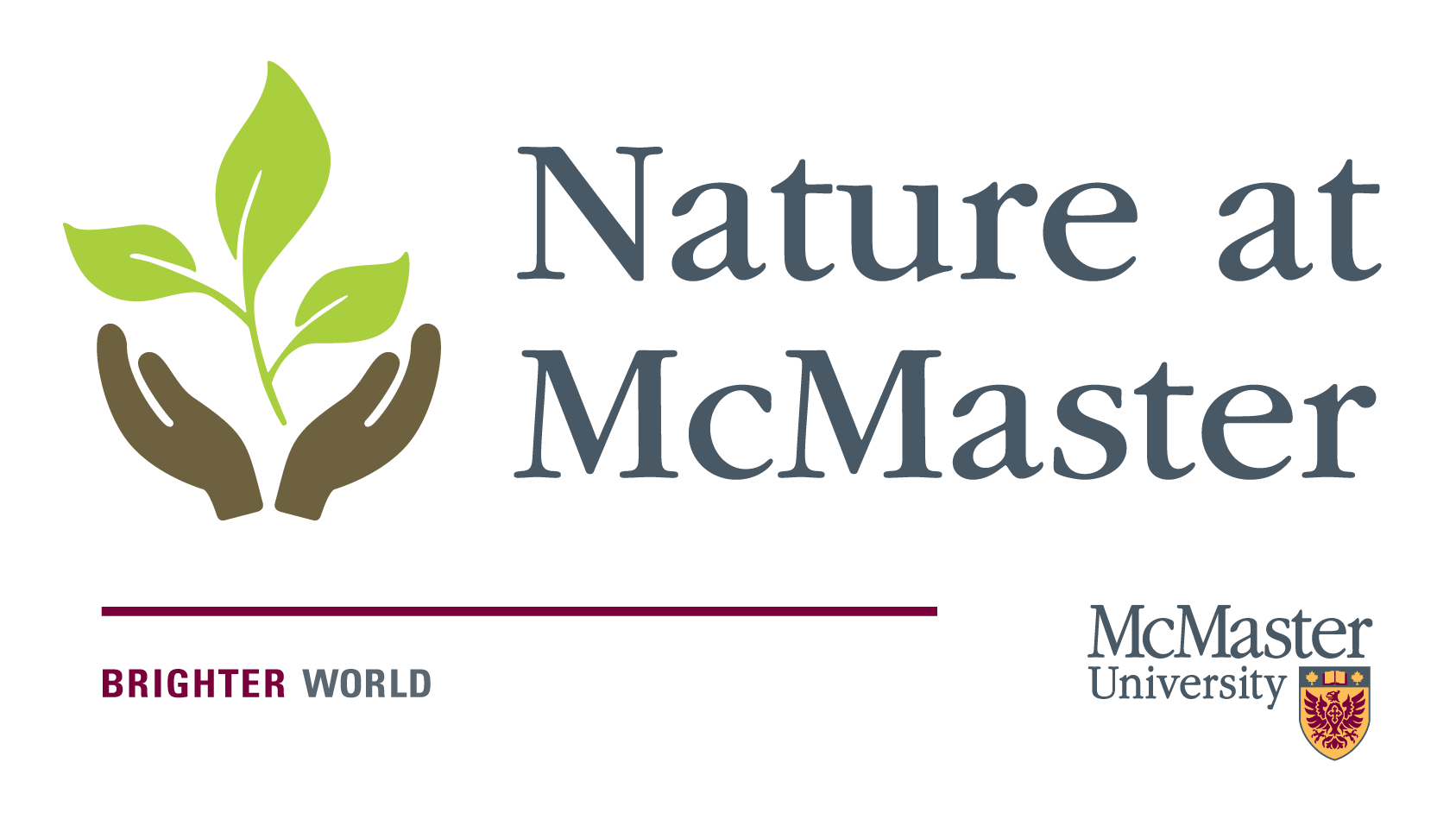Mental Health & Well-being: Compassion
Compassion, an innate human quality, involves responding to the suffering of others. It goes beyond empathy, extending to the desire to help and ease their pain through action. As we navigate life’s challenges, emotional suffering can sometimes hinder our natural compassion. Yet, cultivating compassion for ourselves and others has proven mental health benefits. When we care for others’ happiness, our own well-being improves. Compassion strengthens our immune system, lowers anxiety and depression risk, reduces stress levels, and fosters a better outlook on life. Self-compassion is equally crucial. It involves acknowledging our sorrow and suffering during difficult times, practicing positive self-talk, mindfulness, and self-care. From higher self-esteem to more meaningful relationships, compassion is intertwined with mental health.
Mental Health Week 2024: Compassion Connects
May 6-12, 2024
Mental Health Week is an annual event dedicated to raising awareness about mental health and promoting well-being. It serves as a platform to engage in conversations, reduce stigma, and encourage support for individuals facing mental health challenges. During this week, various organizations, including the Canadian Mental Health Association (CMHA), organize activities, workshops, and campaigns to educate the public, provide resources, and foster understanding. This year’s Mental Health Week is centered on the healing power of compassion.
McMaster’s Human Resources Services provides employees with resources and initiatives to promote positive mental health and well-being. Please take some time to view all resources, programs, and initiatives.
Sources: Psychology Today, Canadian Mental Health Association
Information Box Group

The Working Mind Mental Health Training Learn More
| The Working Mind is an evidence-based program designed to promote mental health and reduce stigma around mental illness in the workplace. This training directly supports our shared purpose of promoting and contributing to a healthy and safe community at McMaster University. |

Professor Hippo on Campus Learn More
The core Professor Hippo-on-Campus program consists of 8 modules that teach staff and faculty at McMaster about student mental health and how to support students in a way that suits their role, whether it be as an academic advisor or as a professor. The program will also teach how to use the Responding to Students in Distress and Difficulty (RSDD) protocol.

Employee Family and Assistance Program Learn More
McMaster University is proud to offer the extended benefit of an Employee and Family Assistance Program (EFAP) with our partner, Telus Health.
Upcoming Employee Well-being Events

Discover How Microsoft Copilot Can Transform Your Workday!
Employee Well-Being

Mac Mindfulness for Employees
Employee Well-Being

Information Management in Microsoft 365
Employee Well-Being

Everything You Need to Know About Retiring from McMaster's Salaried Pension Plan
Employee Well-Being, Retirement Planning, Salaried Pension Plan

Mental Health Benefits Presentation
Employee Well-Being

Tapping into a ‘Stress-less’ Tuesday
Employee Well-Being, Health & Safety

CPA Canada Financial Literacy: Money for New Moms
Employee Well-Being

Everything You Need to Know About Retiring from McMaster's Salaried Pension Plan
Employee Well-Being, Retirement Planning, Salaried Pension Plan

The Working Mind Mental Health Training for People Leaders
Employee Well-Being, Learning & Development, Mental Health, TWM Training

June 3-Part Planning for Retirement Course
Employee Well-Being, Retirement Planning

November 3-Part Planning for Retirement Course
Employee Well-Being, Retirement Planning
Learn More About Your Well-Being
Employee Well-being Contacts

Karli Dillane
Program Coordinator, Workplace Health & Well-being













